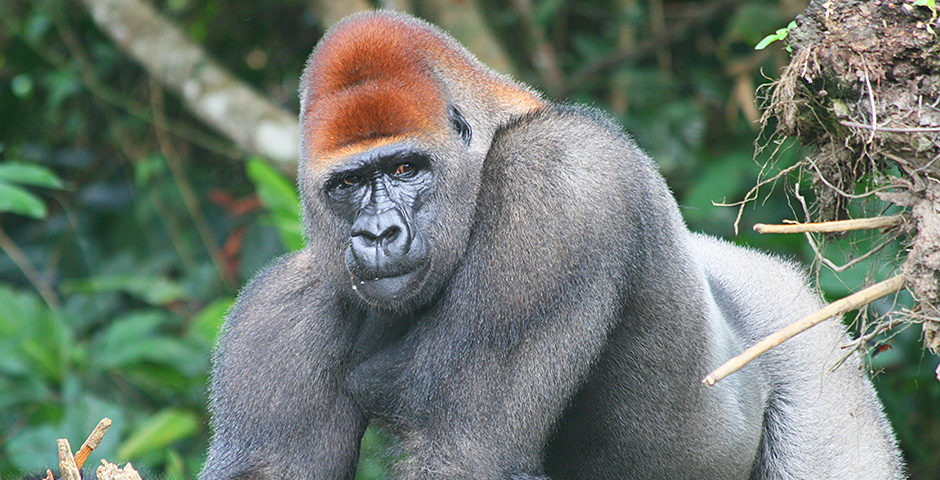Conservation Justice works to improve the enforcement of wildlife and forestry laws through a pragmatic approach structured around five departments. This directly benefits wildlife, forests, and local communities.
Investigations
Investigators and informants gather information to enable the arrest of traffickers in the act. This concerns cases of wildlife trafficking as well as illegal logging, which directly impact local communities.
Operations
Technical assistance is provided to law enforcement agencies for the arrest of offenders and the submission of complaints to the courts.
Legal Assistance
A dedicated legal unit monitors judicial proceedings initiated with the competent Ministry. This follow-up is ensured from arrest through to imprisonment.
The legal department also supports communities in filing complaints against illegal loggers and in cases of damage caused by elephants to their agricultural plots.
Media
A dedicated journalist communicates results to media outlets (television, national radio, and print press). National media inform the public about effective law enforcement, raising awareness of legislation and the risks incurred.
Community
The community department works continuously with local communities, supporting them in matters related to illegal logging and human–wildlife conflict. Particular attention is given to Contractual Specifications and Community Forests, on the one hand, and to the installation and monitoring of electric fences protecting agricultural fields from elephants, on the other.
An environmental education program is also implemented in schools, benefiting more than 10,000 children each year.
